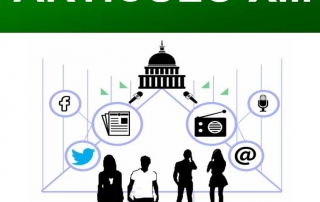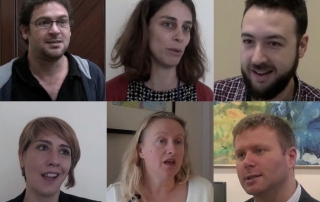Propiedad de los Medios de Comunicación: Necesidad de Estándares de Transparencia
Helen Darbishire2018-11-13T10:05:10+01:00This article was originally published in Artículo XIII - Informe Estatal de los Medios de Comunicación. El Problema de la propiedad de los medios en Europa En Europa, informar a los reguladores mediáticos sobre quién es el verdadero propietario de un medio de comunicación no está considerado como un requisito en la mayoría de los países. Esta conclusión se desprende de un exhaustivo análisis llevado a cabo por Access Info Europe y el Programa de Open Society para un Periodismo Independiente en torno al estado de la legislación europea en esta materia y su puesta en práctica. Dicha investigación se




